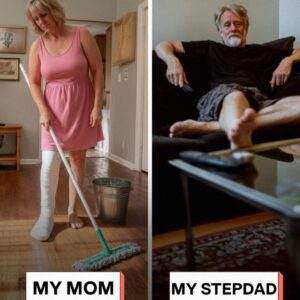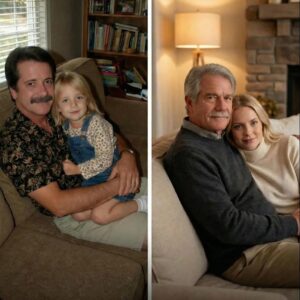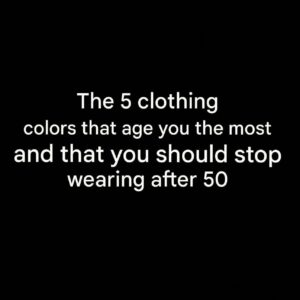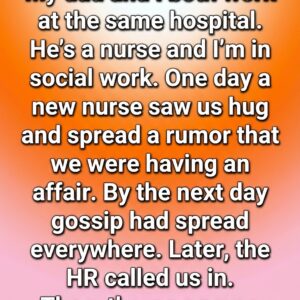In what was meant to be a quiet, compassionate visit to a pediatric clinic, renowned MSNBC host Rachel Maddow and her longtime partner, artist Susan Mikula, found themselves profoundly changed by an encounter that neither of them saw coming. The couple had planned the visit as part of a broader mental health awareness initiative, hoping to simply bring some comfort and visibility to children struggling with emotional and psychological challenges. But what began as an act of kindness quickly evolved into something far more personal—and unforgettable.
:max_bytes(150000):strip_icc():focal(963x502:965x504)/rachel-maddow-susan-mikula-1-0886b57961944417b1da69519b5da0d7.jpg)
The clinic, located in a modest hospital outside of Boston, had recently begun welcoming public figures to spend time with patients fighting depression, anxiety, and trauma. For many of these children, their battles are invisible and lifelong, compounded by the stigma that still surrounds mental health. Maddow, a vocal advocate for mental health reform, gladly accepted the invitation. She brought along Mikula, whose presence added a sense of warmth and authenticity that patients and staff alike immediately appreciated.
It was during a private moment with a 12-year-old patient named Ellie that the visit took a heart-wrenching turn. Ellie had been admitted for severe clinical depression and had not spoken to anyone for nearly three days. Staff warned Maddow gently that the child was withdrawn, unresponsive, and might not engage. Still, Rachel and Susan asked to meet her, even if only to sit by her side for a few quiet minutes.
At first, the room was silent. Ellie sat curled on her bed, hugging a worn-out stuffed rabbit. Rachel took a seat beside her while Susan remained by the door. What happened next, according to one of the attending nurses, was nothing short of remarkable.
“Rachel didn’t try to force a conversation,” the nurse said. “She just said hello, talked about the rain outside, and told Ellie that she once had a stuffed animal just like that rabbit. Then she waited.”
After a long pause, Ellie whispered, “Did your bunny ever get lost?”
Rachel, visibly moved, nodded. “He did. I lost him once for a whole year. Thought I’d never see him again.”
:max_bytes(150000):strip_icc():focal(782x0:784x2)/rachel-maddow-susan-mikula-5-d9140e52e9504109858c86c9b2a9794e.jpg)
That one sentence opened a door.
Ellie slowly turned her head and looked Rachel in the eye for the first time. Then, with a quiet, halting voice, she began to speak—not about her depression, not about her diagnosis, but about the things she missed: her dog, her best friend who moved away, the sound of her mom’s laughter before she got sick. It was a cascade of loss and longing that resonated deeply with Rachel, who herself has been open about her struggles with anxiety in earlier interviews.
What Rachel did not expect was the wave of emotion that surged within her. Hearing Ellie’s quiet confessions unearthed a deeply buried memory from her own childhood—one of loneliness, of feeling unseen during her own periods of sadness. Tears filled her eyes as she reached for Ellie’s hand. Susan moved to her side, and the two simply held the girl, who allowed herself, for the first time in weeks, to be embraced.
Then, just as they prepared to say goodbye, Ellie leaned in and whispered something so unexpected and profound that neither Rachel nor Susan could hold back their tears.
“You make me feel like I’m not broken.”
It was a sentence so raw, so truthful, that it shook them both to the core. Susan, usually composed and calm, openly wept. Rachel, her voice trembling, managed to say, “You’re not broken, Ellie. You’re beautiful. And we’re so lucky to know you.”
The moment did not go unnoticed. One of the staff members, herself a survivor of childhood trauma, described the encounter as “the kind of healing you don’t see in therapy notes—it was human, soul-to-soul.”
Later that evening, back in their hotel room, Rachel and Susan sat in silence for a long time. “I didn’t realize how much I needed to hear her words,” Rachel said softly. “It reminded me why I do what I do. And why we both need to keep showing up for people, even when it’s hard.”
Their visit was never meant to be publicized, and Rachel has declined to speak in depth about it on her show. But those close to the couple say they left changed—closer than ever, and more committed to mental health advocacy than before.
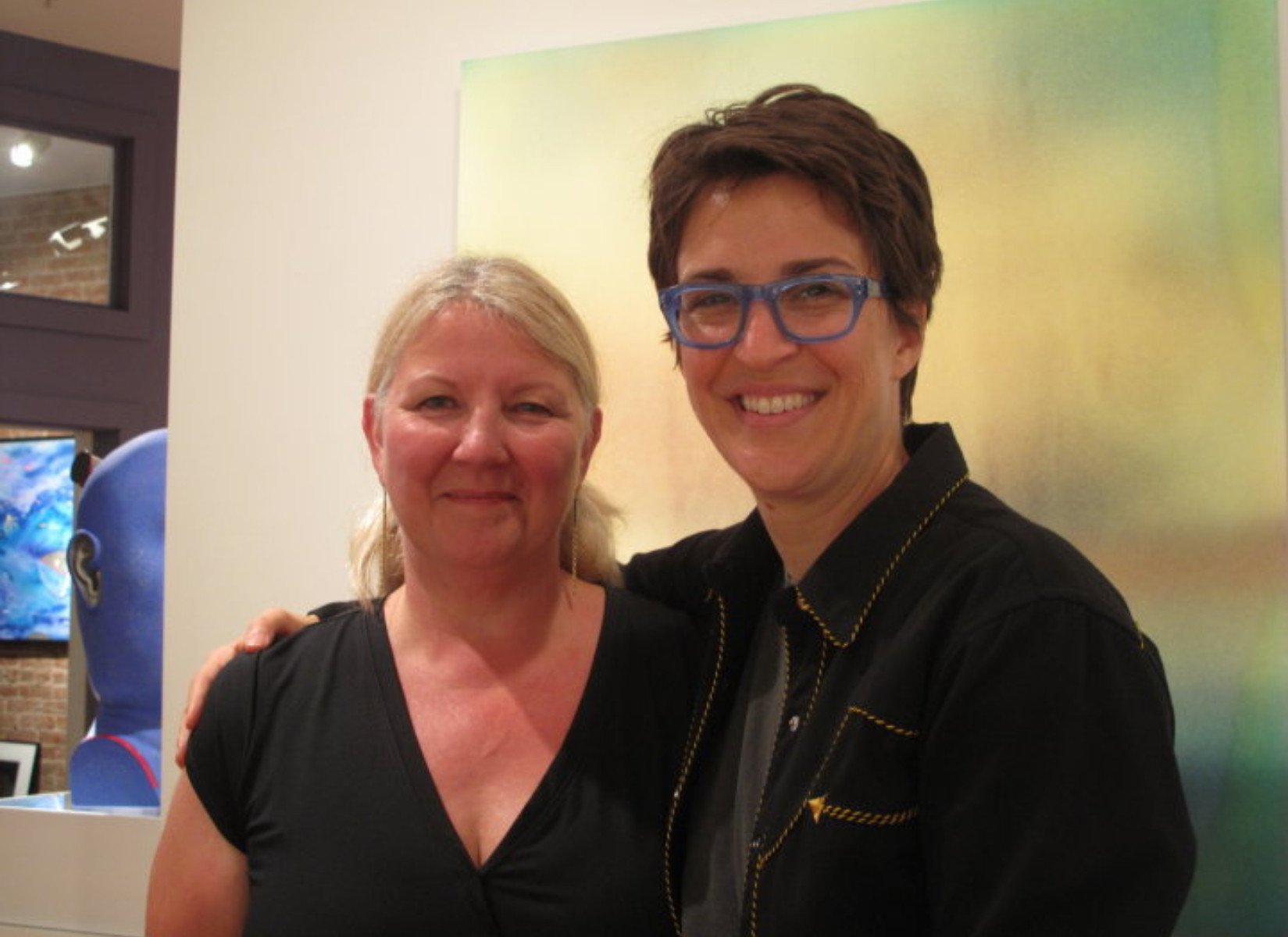
For Ellie, the memory of that day remains a bright light during a dark chapter. Her therapist recently shared that she often replays that moment in her mind, repeating Rachel’s words to herself like a quiet mantra: “You’re not broken.”
And for all who have heard this story since, it serves as a powerful reminder that sometimes, healing begins not with grand gestures or perfect solutions—but with presence, honesty, and the courage to sit beside someone in silence, until they’re ready to speak.
